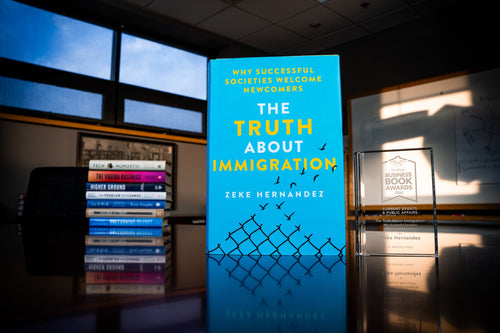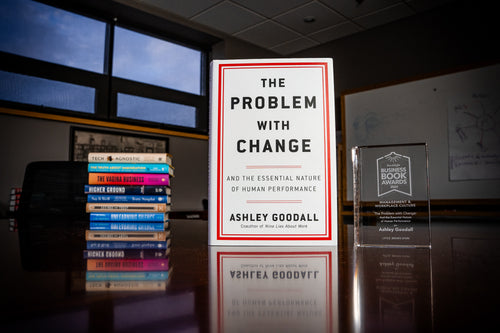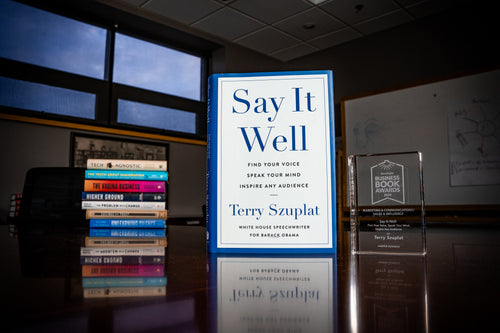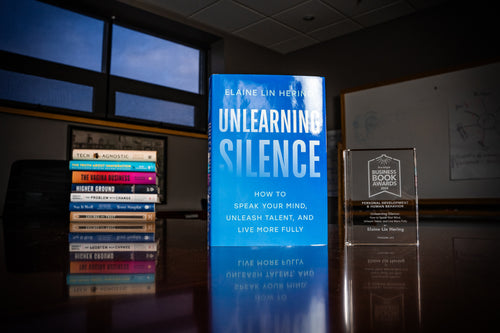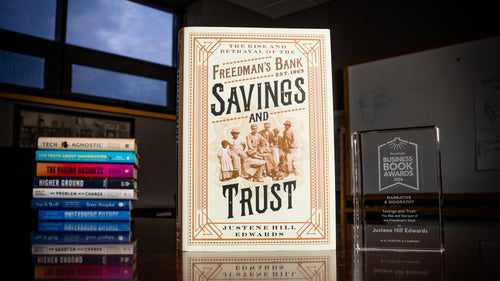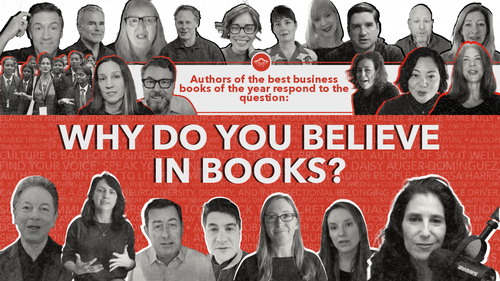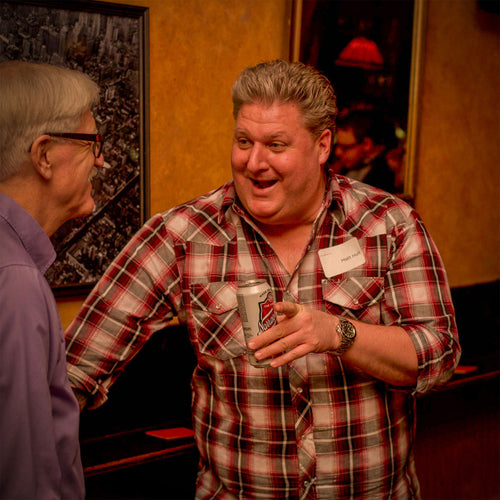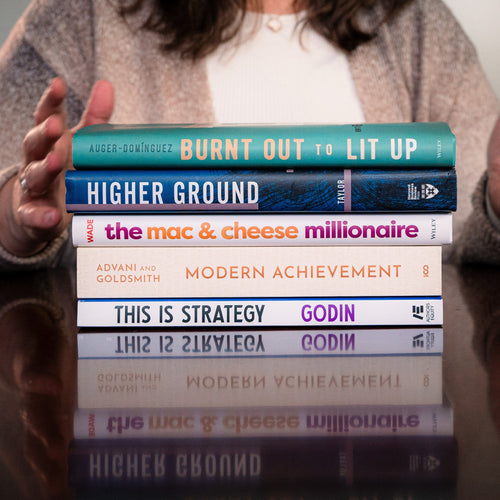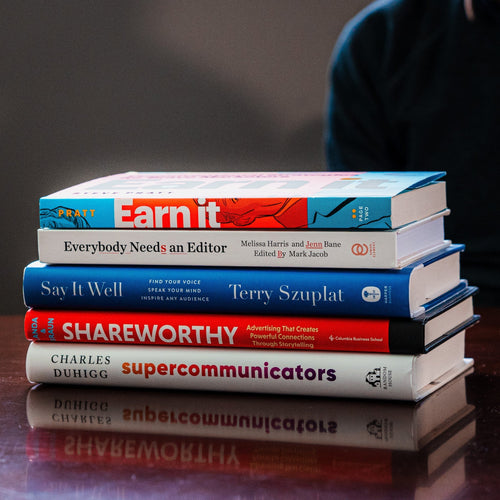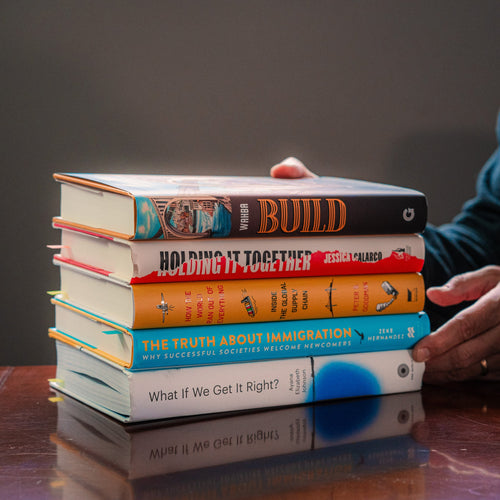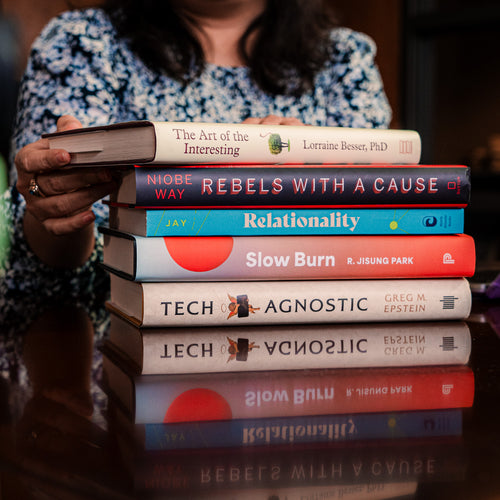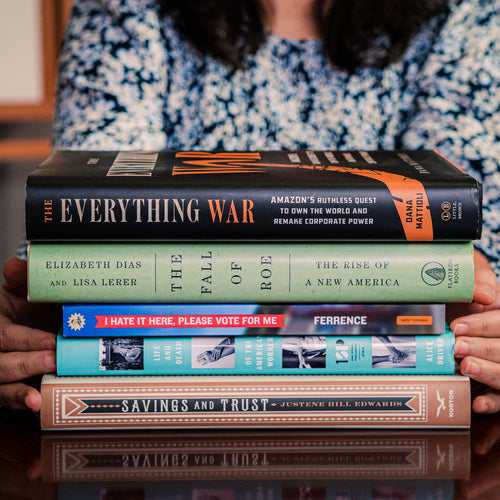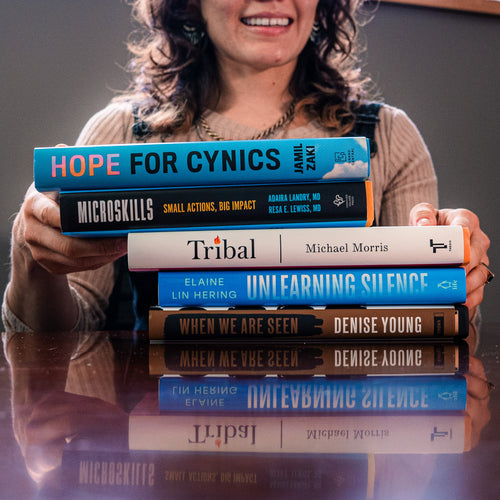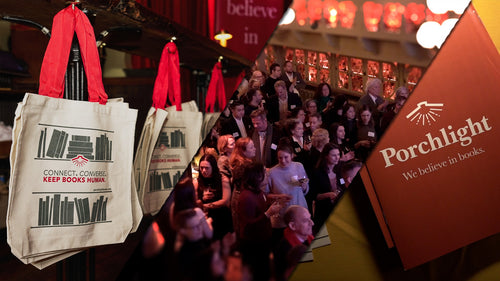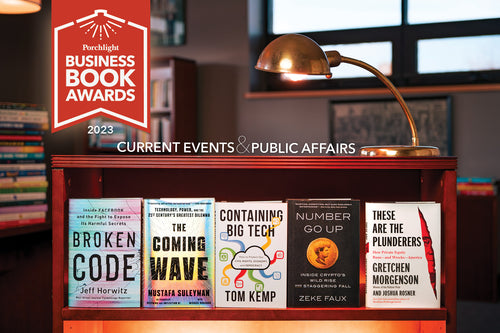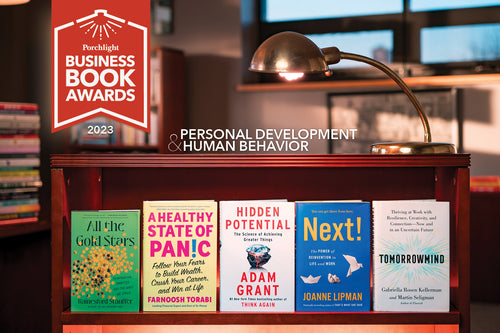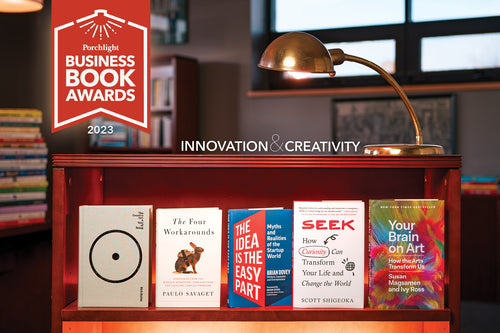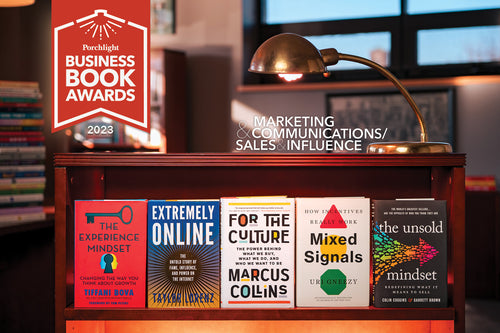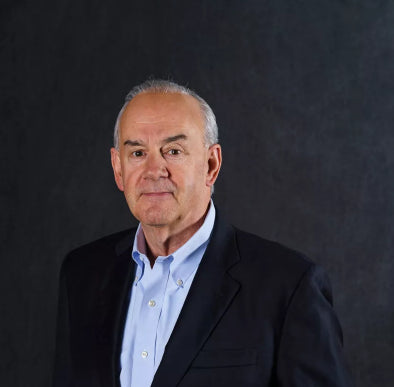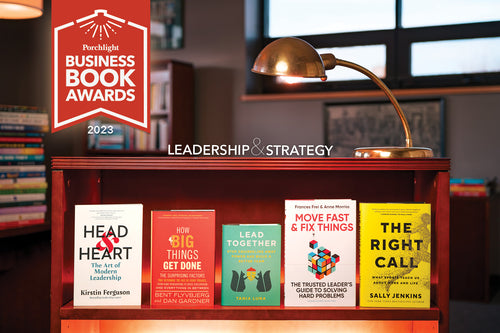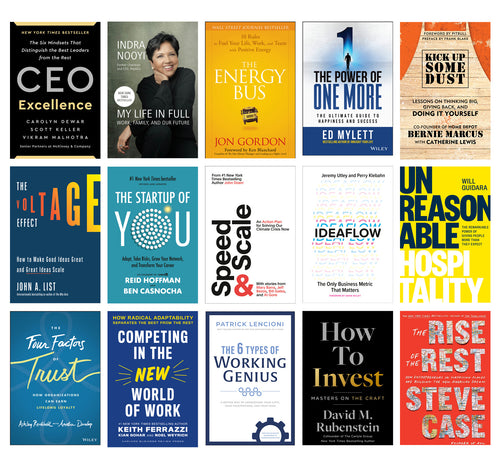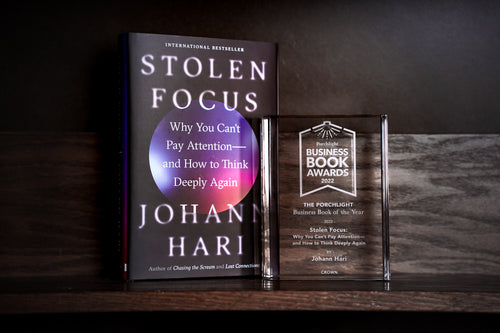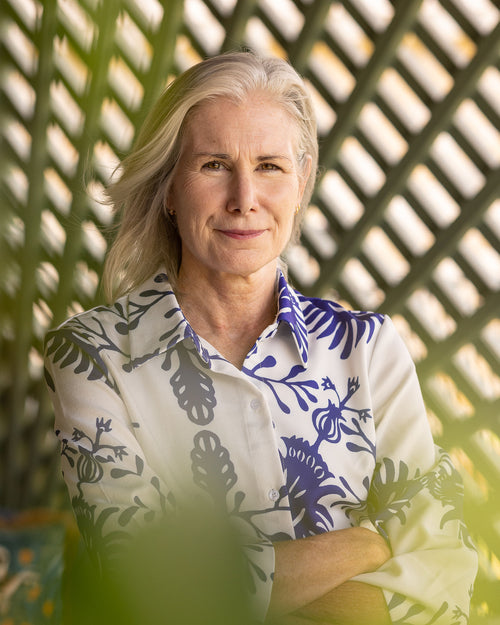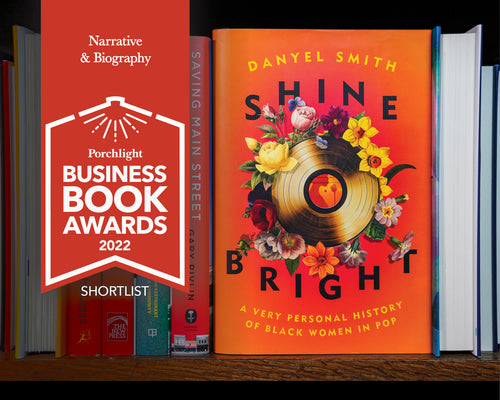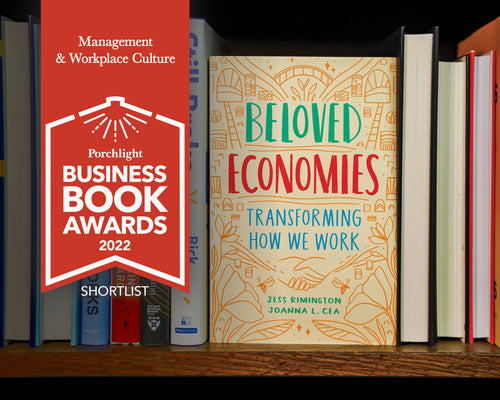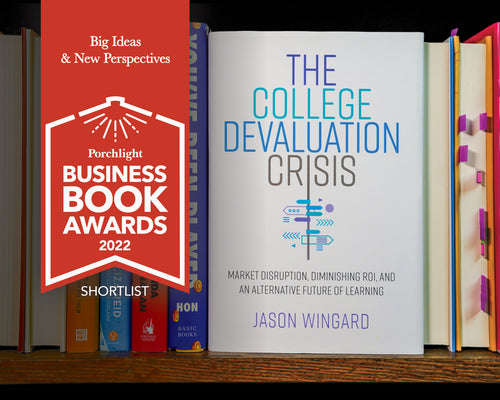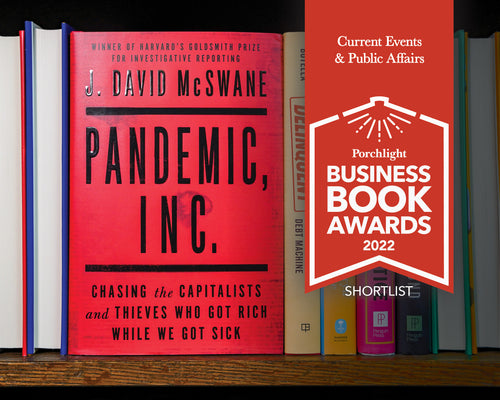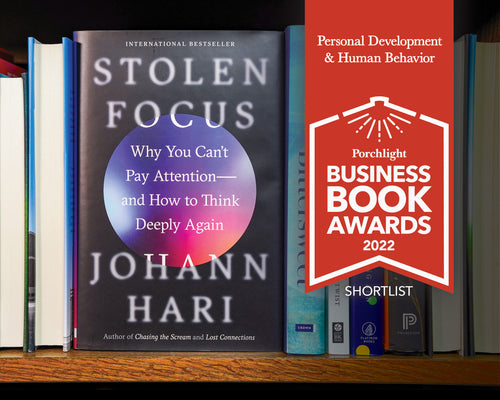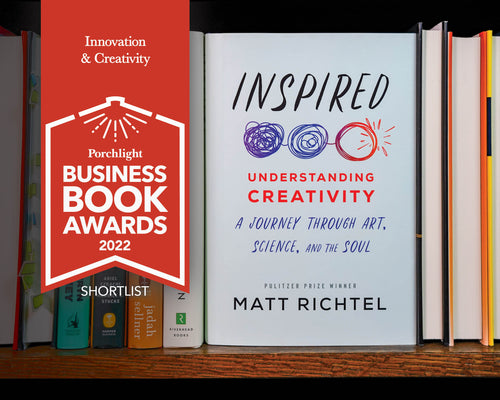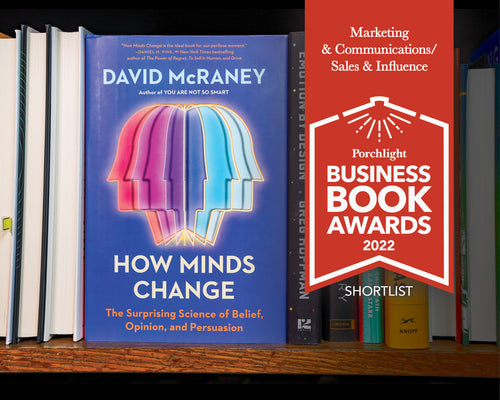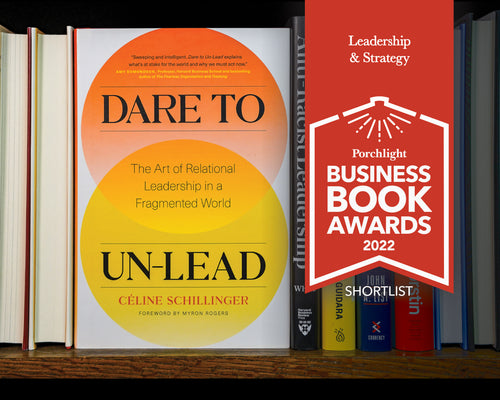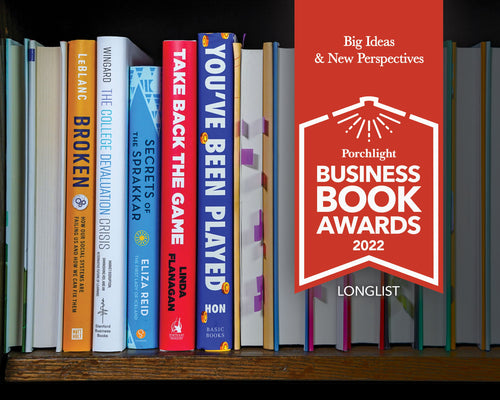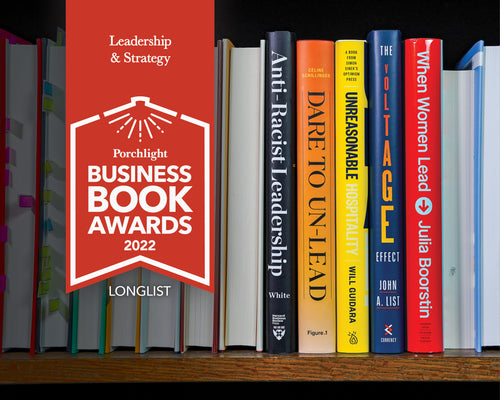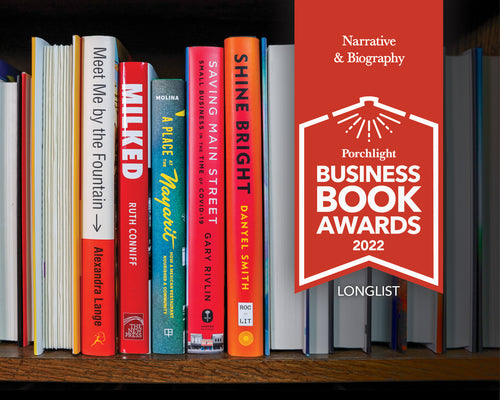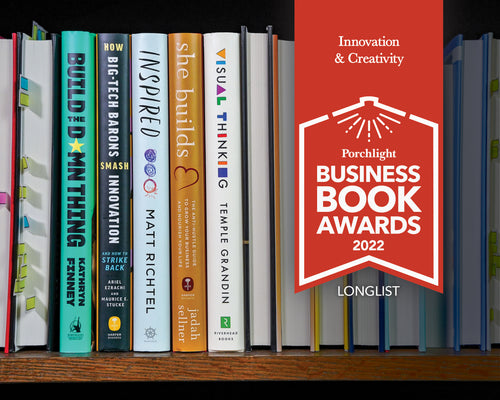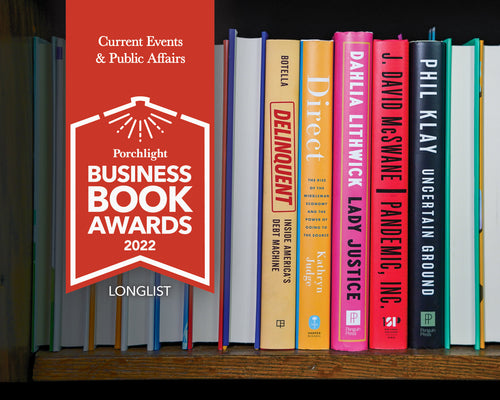This morning I perused the Amazon Top 100 for 2012. A few of our favorite books that made the top 20: Nate Silver's The Signal and the Noise; Charles Duhigg's The Power of Habit (our JCS review here); and Susan Cain's Quiet (our take here. ) Rounding out the top 40 is a book that's been sitting on my desk for awhile, daring me to crack it open: Nassim Nicolas Taleb's Antifragile: Things That Gain From Disorder.
This morning I perused the
Amazon Top 100 for 2012. A few of our favorite books that made the top 20: Nate Silver's
The Signal and the Noise; Charles Duhigg's
The Power of Habit (our JCS review
here); and Susan Cain's
Quiet (our take
here.) Rounding out the top 40 is a book that's been sitting on my desk for awhile, daring me to crack it open: Nassim Nicolas Taleb's
Antifragile: Things That Gain From Disorder.

Over the weekend, I took that dare.
Why is reading and summarizing
Antifragile such a nervy challenge? Practically, because it is a 544-page tome (with a labyrinthian Table of Contents) that already hints in its title its level of complexity. "Antifragile"--what exactly does that mean? The opposite of fragile? Unbreakable? Solid? And "Things That Gain From Disorder"--advantages to be had from chaos? Circling back around to the title: So, chaos can create solidity? Seems an oxymoron that isn't going to be easy to get my head around.
Then, there is the author to consider, Nassim Nicholas Taleb, who is most famous for introducing "black swans" to our common lexicon and has since put out many books, including
The Black Swan: The Impact of the Highly Improbable, and
Fooled By Randomness: The Hidden Role of Chance in Life and in the Markets, that aim to rejigger our understanding of the world and our attempts to make sense of things. The theory of black swan events is that there are rare, highly 'impactful' events that happen that cannot be predicted, and should not be thought to be able to be predicted just because hindsight lends us some understanding of the event once it has passed.
Antifragile aims to take the black swan theory and apply it more broadly to teach how to live peaceably with random events that may have no explanation but contribute to a greater strength as a whole.
Let's take a look at the book.
Taleb begins his Prologue with a surprisingly clear and streamlined explanation of the very oxymoron that I touched on above. In the opening section titled, "How to Love the Wind," Taleb writes:
Wind extinguishes a candle and energizes fire.
Ah, now we see very clearly what we're dealing with here. While most people fear that change will put out our flame, we have a choice to use change to fan that flame.
Likewise with randomness, uncertainty, chaos: you want to use them, not hide from them. You want to be the fire and wish for the wind. This summarizes this author's nonmeek attitude to randomness and uncertainty.
We just don't want to just survive uncertainty, just about make it. We want to survive uncertainty and, in addition--like a certain class of aggressive Roman Stoics--have the last word. The mission is how to domesticate, even dominate, even conquer, the unseen, the opaque, and the inexplicable. How?
There is a lot to learn already about this book in that small section. Taleb has a strong voice and a strong opinion and a certain tendency to reference unfamiliar things (Roman Stoics particularly versus other kinds of stoics, anyone?) that will prompt you to have Wikipedia open on your nearest device as you read. ("Later
Roman Stoics focused on promoting a life in harmony within the universe, over which one has no direct control.") But he is also digging at something that intrigues all of us, so much so that we've constructed religions and philosophies around the fear of uncertainty. And as a result, we would all prefer, I think, to become "antifragile" which Taleb defines this way:
Some things benefit from shocks; they thrive and grow when exposed to volatility, randomness, disorder and stressors and love adventure, and risk, and uncertainty. Yet, in spite the ubiquity of the phenomenon, there is no word for the exact opposite of fragile. Let us call it anti-fragile.
And what is the cost of tending too much to the fragile, of wrapping ourselves in a kind of risk-averse bubble wrap? "We have been fragilizing the economy, our health, political life, education, almost everything...by suppressing randomness and volatility." Taleb reveals, it seems, his interest in the topic, his motivation for writing this book, and the lesson he hopes to bestow on readers (perhaps especially the neurotic ones) in this emphatic line: "I want to live happily in a world I don't understand."
Don't we all? Wouldn't that be quite a bit easier than trying to understand and be happy in a world that at times defies explanation? But control is seductive. "Black swans hijack our brains, making us feel we "sort-of" or "almost" predicted them, because they are retrospectively explainable." For example, it's common for people to respond to a wrench in their plans by saying, with both resignation and purpose, "Ah well, everything happens for a reason." Taleb is decidedly and emphatically saying the opposite, "No, there is not always a reason for everything: and that's ok."
With
Antifragile, Taleb is offering us a 500+ page manual to achieve antifragility. He himself admits that here he has become a "practitioner" of his cumulative theories ("I eat my own cooking."), and this book is "a main corpus focused on uncertainty, randomness, probability, disorder, and what to do in a world we don't understand, a world with unseen elements and properties, the random and the complex; that is, decision making under opacity." And throughout,
Antifragile is crammed with Taleb's unique and aggressive style of mixing the scholarly, the historical, the modern, the profound, and even the minutia, amounting to a mountain of thought that Taleb intends will "revive the not well known philosophical notion of
doxastic commitment, a class of beliefs that go beyond talk, and to which we are committed enough to take personal risks." In other words, Taleb wants us to do, not just think about doing.
If I attempted to cover all the ground in
Antifragile, this post would be much too lengthy, so let's jump to Chapter 13: Lecturing Birds on How to Fly. Taleb opens the chapter reflecting on the wheeled suitcase. The wheel was invented some six thousand years ago, and yet, until four decades ago no one thought to put wheels directly on the bottom of a suitcase! What does it take, he seems to be asking, for us to get smarter--practically smarter--faster?
All those brilliant minds, usually disheveled and rumpled, who go to faraway conferences to discuss Gdel, Shmodel, Riemann's Conjecture, quarks, shmarks, had to carry their suitcases through airport terminals without thinking about applying their brain to such an insignificant transportation problem....And even if these brilliant minds had applied their supposedly overdeveloped brains to such an obvious and trivial problem, they probably would not have gotten anywhere.
I included this quote above because it encapsulates both Taleb's voice, somewhat haughty and bemused, but also because it reveals a truth made both complex and simple by his explanation. Ingenuity is not the property of the intellectually rich, and sometimes complexity impairs us from creating simple solutions for common problems. Taleb, of course, puts it differently, within the lines of his thesis:
This tells us something about the way we map the future. We humans lack imagination, to the point of not even knowing what tomorrow's important things look like. We use randomness to spoon-feed us with discoveries--which is why antifragility is necessary.
And from the wheeled suitcase, Taleb takes us through the "sneaky...process of discovery and implementation" in medicine and technology, and his deduction that "both governments and universities have done very, very little for innovation and discoveries, precisely because, in addition to their blinding rationalism, they look for the complicated, the lurid, the newsworthy, the narrated, the scientistic, and the grandiose, rarely for the wheel on the suitcase." And so, he concludes: "antifragility...supersedes intelligence." And the risk of believing that all invention comes from great minds (not simple necessity) is that we are hindered by the belief that these great minds can take credit for "lecturing birds on how to fly" when the birds knew how to fly all along.
Antifragile is not an easy book. But, despite its length and breadth of reference, it
is a readable book. The constant feed of wisdom--or perhaps
awareness is a better word--that generates instant inner reflection ("Hey, I do that!") is intoxicating, page-turning. It's a great trip landing on Nassim Nicholas Taleb's planet, a planet displaying such big and rangy ideas, a topographical map could be constructed as a model for the snaking rivers, the breath-robbing mountains, and the dusty valleys, of his knowledge. Like any adventure, you may be taxed from the constant rough esoteric terrain, but that mirrors what Taleb is advocating in
Antifragile. Embrace the volatility "to live in a world that does not want us to understand it, a world whose charm comes from our inability to truly understand it."
Put another way:
The best way to verify that you are alive is by checking if you like variations. Remember that food would not have a taste if it weren't for hunger; results are meaningless without effort, joy without sadness, convictions without certainty, and an ethical life isn't so when stripped of personal risk.
(All quotations taken from advanced copy; Hardcover available November 27th, 2012)
 Over the weekend, I took that dare.
Why is reading and summarizing Antifragile such a nervy challenge? Practically, because it is a 544-page tome (with a labyrinthian Table of Contents) that already hints in its title its level of complexity. "Antifragile"--what exactly does that mean? The opposite of fragile? Unbreakable? Solid? And "Things That Gain From Disorder"--advantages to be had from chaos? Circling back around to the title: So, chaos can create solidity? Seems an oxymoron that isn't going to be easy to get my head around.
Then, there is the author to consider, Nassim Nicholas Taleb, who is most famous for introducing "black swans" to our common lexicon and has since put out many books, including The Black Swan: The Impact of the Highly Improbable, and Fooled By Randomness: The Hidden Role of Chance in Life and in the Markets, that aim to rejigger our understanding of the world and our attempts to make sense of things. The theory of black swan events is that there are rare, highly 'impactful' events that happen that cannot be predicted, and should not be thought to be able to be predicted just because hindsight lends us some understanding of the event once it has passed. Antifragile aims to take the black swan theory and apply it more broadly to teach how to live peaceably with random events that may have no explanation but contribute to a greater strength as a whole.
Let's take a look at the book.
Taleb begins his Prologue with a surprisingly clear and streamlined explanation of the very oxymoron that I touched on above. In the opening section titled, "How to Love the Wind," Taleb writes:
Over the weekend, I took that dare.
Why is reading and summarizing Antifragile such a nervy challenge? Practically, because it is a 544-page tome (with a labyrinthian Table of Contents) that already hints in its title its level of complexity. "Antifragile"--what exactly does that mean? The opposite of fragile? Unbreakable? Solid? And "Things That Gain From Disorder"--advantages to be had from chaos? Circling back around to the title: So, chaos can create solidity? Seems an oxymoron that isn't going to be easy to get my head around.
Then, there is the author to consider, Nassim Nicholas Taleb, who is most famous for introducing "black swans" to our common lexicon and has since put out many books, including The Black Swan: The Impact of the Highly Improbable, and Fooled By Randomness: The Hidden Role of Chance in Life and in the Markets, that aim to rejigger our understanding of the world and our attempts to make sense of things. The theory of black swan events is that there are rare, highly 'impactful' events that happen that cannot be predicted, and should not be thought to be able to be predicted just because hindsight lends us some understanding of the event once it has passed. Antifragile aims to take the black swan theory and apply it more broadly to teach how to live peaceably with random events that may have no explanation but contribute to a greater strength as a whole.
Let's take a look at the book.
Taleb begins his Prologue with a surprisingly clear and streamlined explanation of the very oxymoron that I touched on above. In the opening section titled, "How to Love the Wind," Taleb writes:

























